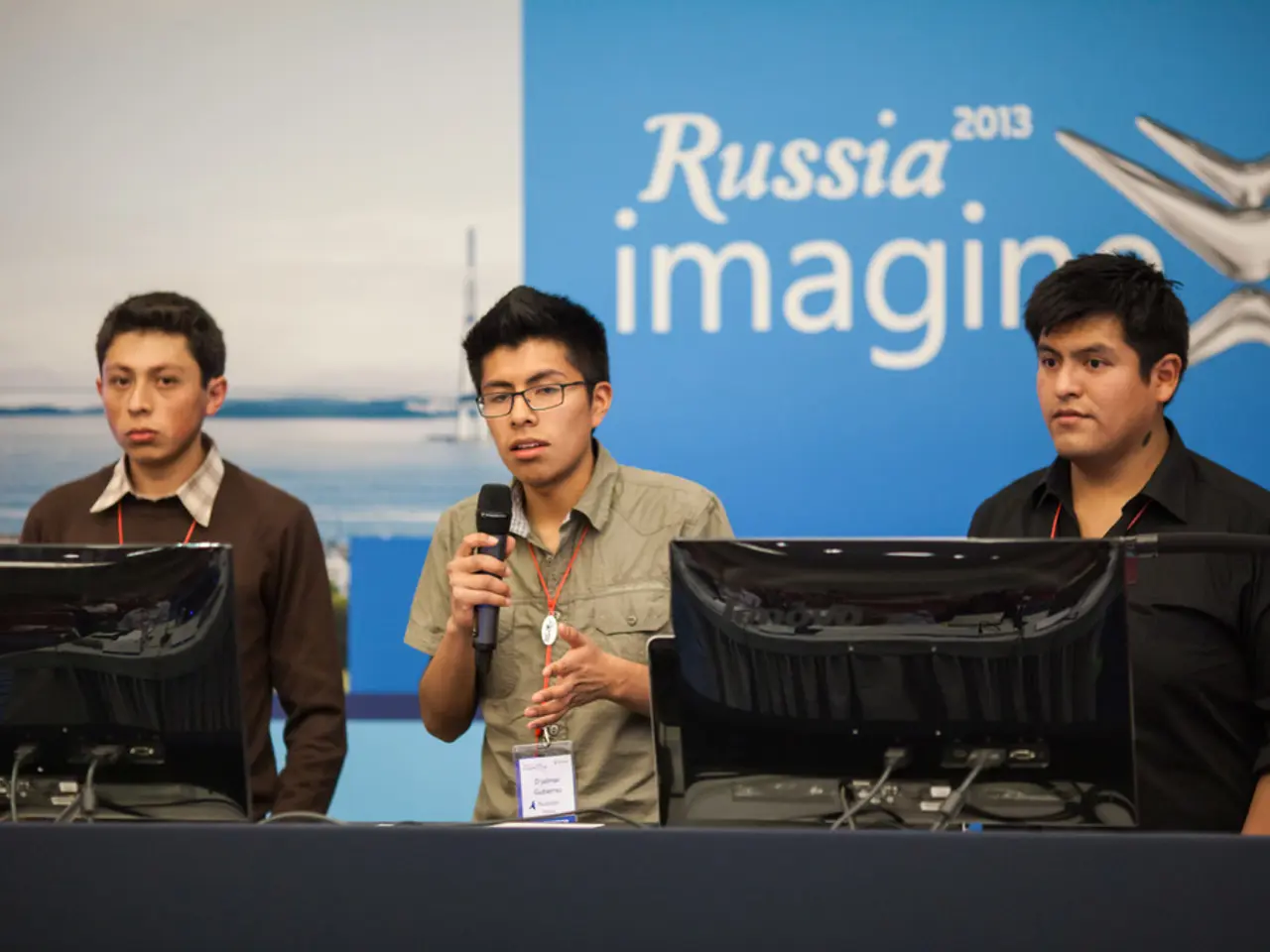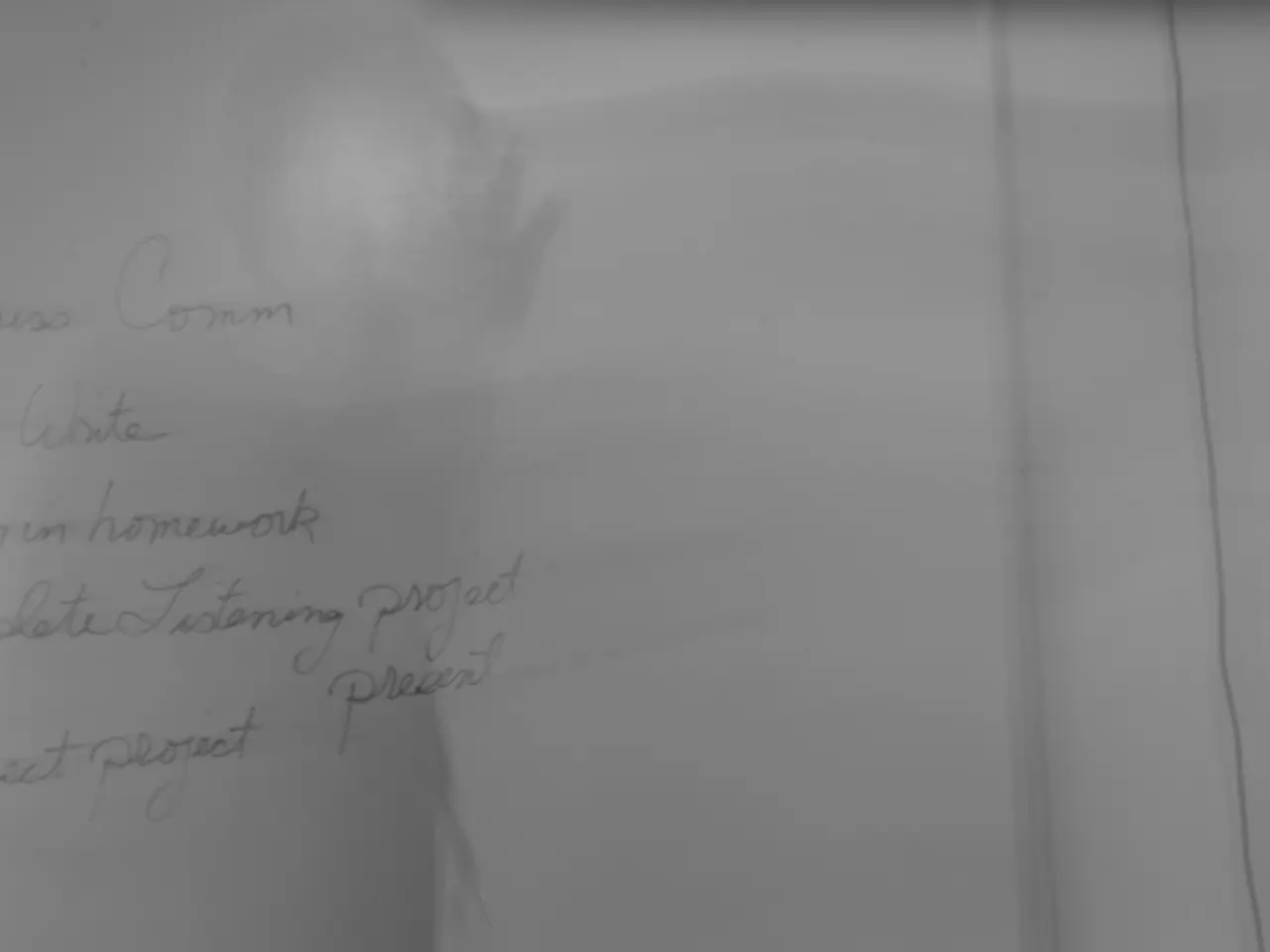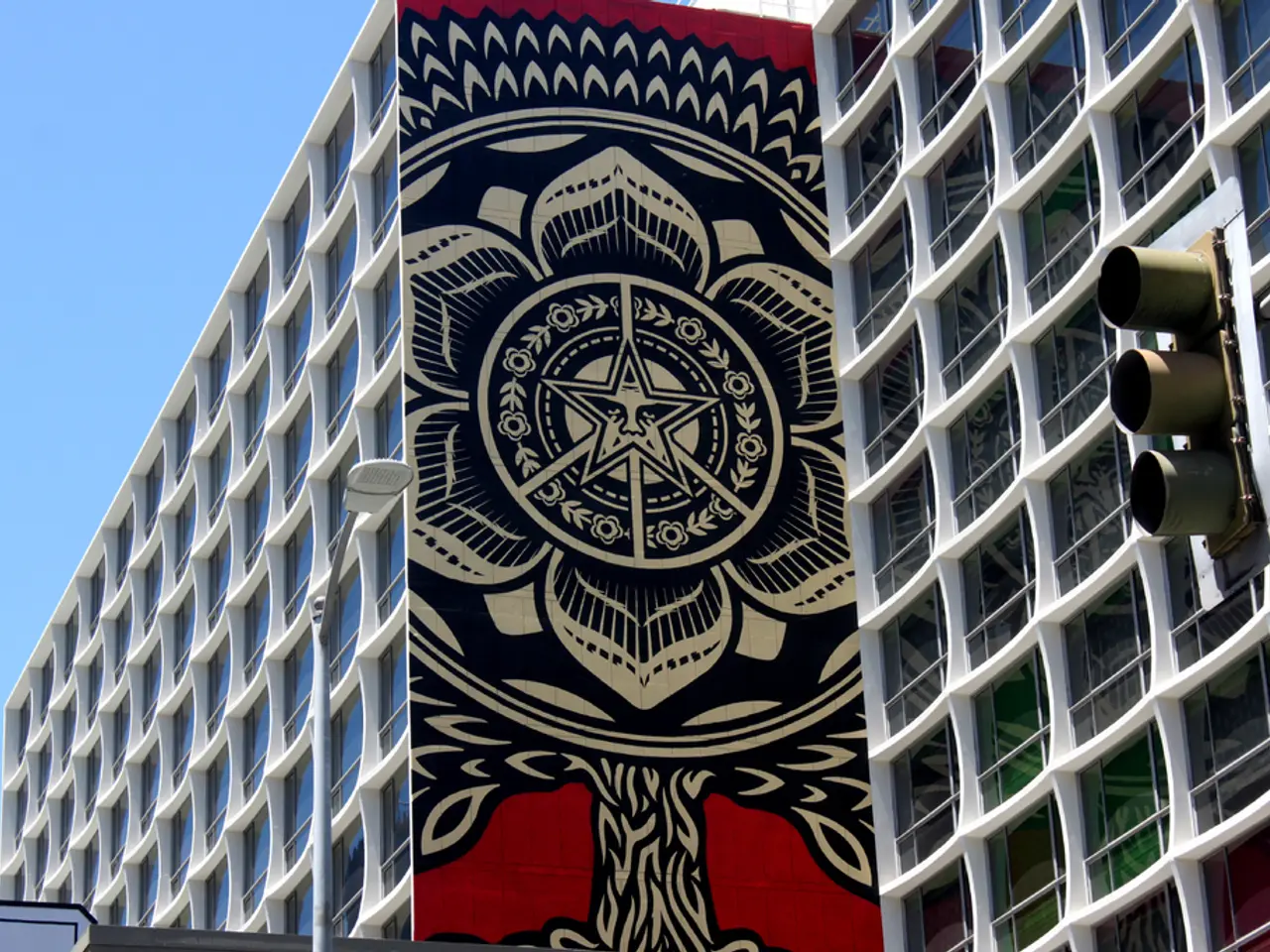Moscow experiences mild pressure, influenced by external factors
Ceasefire Negotiations in Ukraine Remain Stalled Amidst Escalating Tensions
As of mid-August 2025, ceasefire negotiations in Ukraine remain stalled and highly uncertain, with no indications that Russia is preparing to end the war, and Ukraine strongly opposing peace talks that exclude its direct participation [2][4].
The scheduled summit between U.S. President Trump and Russian President Putin, notably held without Ukrainian involvement, has raised fears in Kyiv that key decisions might be made about Ukraine’s future without Ukrainian consent, which Ukrainian President Zelenskyy has condemned as illegitimate and unworkable [2].
On the military front, fighting continues with Ukrainian forces stabilizing front lines near Dobropillya amid ongoing Russian attempts to consolidate positions, indicating no clear progress toward a ceasefire or peace agreement on the battlefield [1]. Ukrainian forces have been able to repel some Russian advances, but the situation remains dynamic and unsettled [1].
Regarding relations among the U.S., Russia, China, and India, the Kremlin appears to be using forums like the Alaska summit to emphasize Russia-U.S. relations, possibly to deflect attention from lack of progress in peace talks with Ukraine [1]. The United States has stated it will not pursue peace agreements with Russia that exclude Ukraine’s input, maintaining a firm stance alongside Kyiv [4].
While detailed involvement of China and India in the ceasefire negotiations is not highlighted in the recent reports, these countries traditionally maintain complex and strategic ties with Russia and the West. Their role likely remains cautious and strategically balanced, seeking stability but avoiding direct intervention in peace talks [2][3].
The Kremlin's actions could potentially make a peace deal for Ukraine more challenging to achieve, and they are perceived as a risk to peace for Ukraine. The Kremlin's strategy may be to prolong the conflict in Ukraine, and it could potentially lead to a more significant crisis. The situation in Ukraine is seen as critical, with the involvement of nuclear powers.
Elsewhere, the U.S. dictate on trade could lead to a trade war, and Putin could only welcome such a potential trade war. The U.S. President has threatened India with massive tariffs in response to India continuing to buy oil from Russia after a deadline on Friday. This trade war might push India towards China and Russia. The U.S. atomic bomb was dropped on Hiroshima 80 years ago.
In conclusion, the ceasefire negotiations are at an impasse, with Ukraine rejecting exclusion from talks, Russia continuing its offensive operations without consolidating territorial gains, and the U.S. maintaining support for Ukraine’s sovereignty. This impasse influences diplomatic efforts, with ongoing tensions in U.S.-Russia ties and a careful international posture from China and India amid the conflict [1][2][3][4].
Politicians are closely monitoring the stalled ceasefire negotiations in Ukraine, particularly with escalating tensions and complicated international relations. The war-and-conflicts in Ukraine remain a significant focus of general-news, with ongoing military operations and political disagreements.






